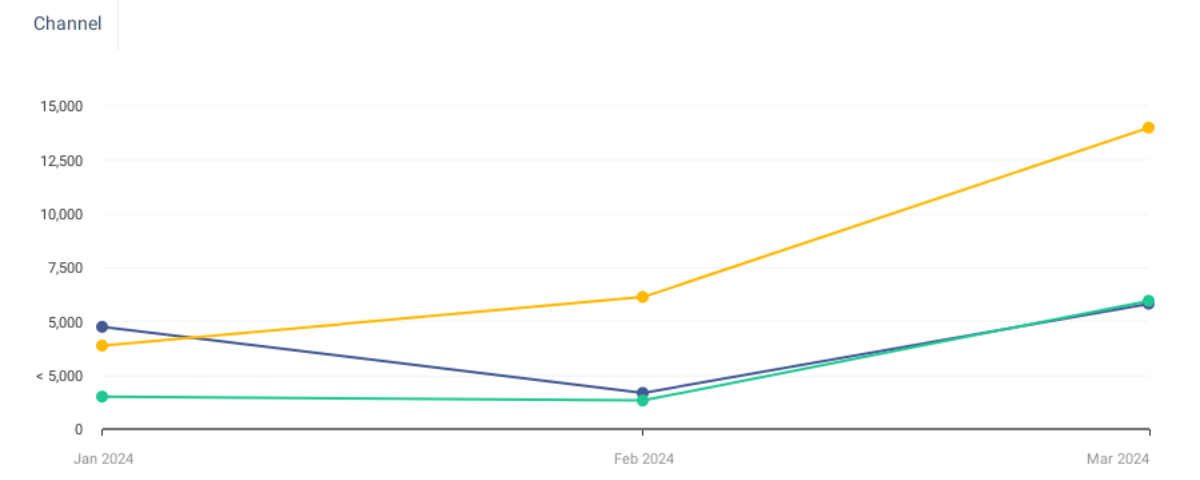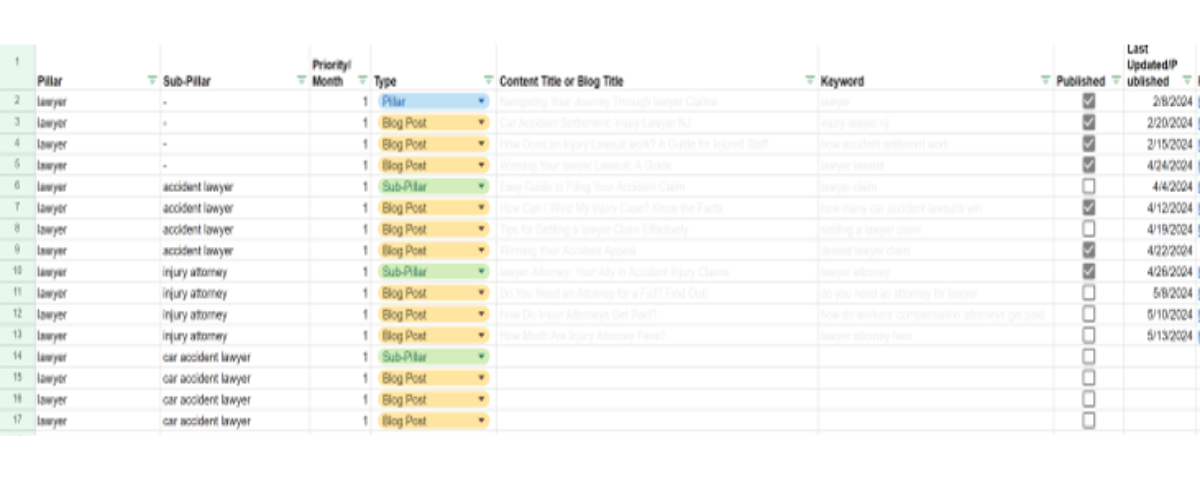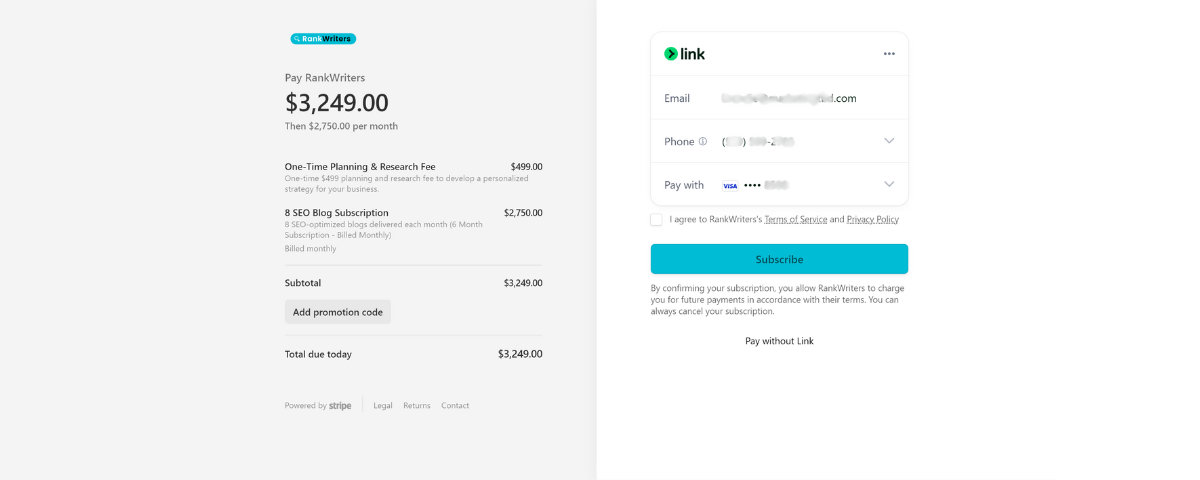Why Isn't Your Content Showing Up in AI Search?
Grade your content's quality and discover what's blocking you from organic traffic and AI search results.
Unlock Your Content’s Potential with Our Free On-Page SEO Analysis Tool.
Enter a URL


Want AI to find your brand? Let's talk!
Effective SEO content is within your reach (and budget!)
- Competitive Research
- AI Search Research
- Keyword Research
- Topic Research
- You Own Content
-
Monthly Reporting
4 Posts Per Week
$3,950 Billed Monthly
- For Aggressive Growth
2 Posts Per Week
$2,600 Billed Monthly
- Popular for Testing
1 Post Per Week
$1,450 Billed Monthly
- To Maintain Your Competitive Edge
Custom AI Search Plan
Tell Us Your Ideas or Work with Our Experts
FAQs: How does content quality improve AI search?
While Google focuses heavily on backlinks and domain authority, AI chat tools like ChatGPT look for clear, authoritative, and well-structured content that directly answers user queries.
Our grader helps you understand if your content meets both traditional SEO standards and the newer requirements for AI search visibility.
AI engines favor websites that regularly publish fresh, relevant content because it signals authority and up-to-date expertise in your field.
Sporadic posting or outdated content tells AI that your site may not be a reliable source. Most successful brands publish at least 1-2 high-quality pieces per week to maintain momentum, build topical authority, and ensure they're answering the evolving questions their audience is asking.
Traditional keyword optimization focused on exact-match phrases and keyword density. AI search engines evaluate keywords contextually, looking at how they relate to the broader topic and whether they naturally answer the questions people are actually asking.
Modern keywords are longer, more conversational, and often structured as questions like "how do I fix a leaky faucet" or "what's the best CRM for small businesses" rather than short phrases like "plumber" or "CRM software."
AI engines prioritize content that uses keywords in this natural, question-based context because that's how real people search and speak.
Simply stuffing keywords into your content won't work anymore (and it hasn't for some time). AI evaluates whether your content genuinely addresses the intent behind those keywords with comprehensive, helpful answers.
If your content is thin, repetitive, or keyword-heavy without providing real value, AI tools will skip over it entirely. Keywords get you in the door, but quality content that thoroughly answers human questions is what keeps you visible in AI search results.
Unlike traditional search engines that show a list of links, AI tools synthesize information and respond directly to users.
If your content doesn't clearly answer the questions people are asking, or if it's vague, promotional, or hard to understand, AI has no reason to reference it.
The grader evaluates whether your content is structured and written in a way that AI can confidently cite as a trustworthy source.
Google still values technical SEO, backlinks, and keyword relevance. AI search engines prioritize content quality, comprehensiveness, and how well you answer human questions. The good news? These requirements overlap significantly. Well-structured, authoritative content that thoroughly addresses user intent will perform well across all platforms.
But there's a finesse to getting it right. You need to understand how to write with natural language that AI can confidently cite, how to structure information so both algorithms and conversational AI can parse it easily, and how to balance keyword optimization with genuine helpfulness.
It's not dramatically different from good SEO writing, but it requires a more nuanced approach and deep understanding of how AI evaluates and references content.
AI search engines favor websites that consistently demonstrate expertise through regular, high-quality content.
A single great article might get you initial visibility, but without ongoing content that answers new questions and covers your topic area comprehensively, you'll quickly fall behind competitors who are publishing regularly.
Think of content as building a library of expertise. The more thorough and current your library, the more likely AI will trust you as an authoritative source.
Collaborative, not claustrophobic.
A smart set it and forget it path to success.
This is how the SEO magic begins.

Like all new relationships, this requires a leap of faith for both of us. We only ask for a 6-month commitment.

Your dedicated strategist will immediately dive into competitive research and content development.

Your month-to-month subscription triggers an automatic billing & content delivery cadence.

Publishing can be automated, or, we can deliver the content in your preferred format for you to upload.


